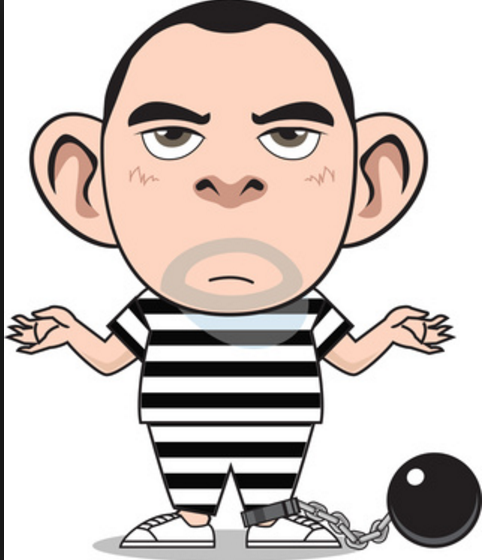
Depending on which blogs you read, you might be committing crimes, or not, in the pursuit of points. But in either case does that actually matter if you get detained?
An important consideration for the masses who are swarming into the land of manufactured spending is that the exact same event can create different outcomes. This is what they call ‘YMMV’ (your mileage may vary). When it comes to a retention offer on a credit card, you might want to ‘HUCA’ (hang up, call again) but when it comes to being detained, do you have the knowledge and ability to HUCA?
For me, I would correlate a HUCA when detained to demand a lawyer. That changes the dynamic of the person you are talking to, as you drop one surly agent (the officer) and communicate with someone more favorable (your lawyer). But would you do that, or would you try to defend yourself because you are innocent? Funnily, if you listen to some blogs, you might think you are innocent, but really are guilty of a Federal crime, which we could all chuckle about in a guest post later on.
Just imagine, for a moment, if you were detained in Walmart, as happened to Tahsir last night, and you explained that you were liquidating $40K of gift cards in structured transactions to avoid reporting requirements, because you read about it on a blog and that blogger seemed really nice (for a girl) and helpful.
But let’s go a step further. What if you only did $2,000 per month in money orders due to your float level, and committed no crimes. You were walked to an office, by a cop and a special agent for the IRS and your boss, or a key client walked by, they kept you there for questioning for an hour, and let you go.
Could you explain yourself the next day? Would it even matter if you could? It’s really important to consider how emulating those you read about can cause huge damage to your life. Whether it be to commit a crime, or whether you are doing things legally, but just appear sketchy. When it comes to someone like Tahsir he isn’t committing crimes, and what is more, it wouldn’t matter to his boss if he appeared sketchy because he doesn’t have a boss. The situation, holistically is very different.
A lot of people don’t think about this when they try to copy bloggers who fly in first class, and a lot of bloggers don’t really care if you appear sketchy, get fired, or go to prison. Don’t forget, they often exist to sell you a credit card, and what you do with it is up to you. YMMV.
Please, don’t commit crimes, and don’t bury your head in the sand in the pursuit of points. You can get plenty of them without crossing lines.
The post Can you handle getting detained? appeared first on Saverocity Travel.
Continue reading...
